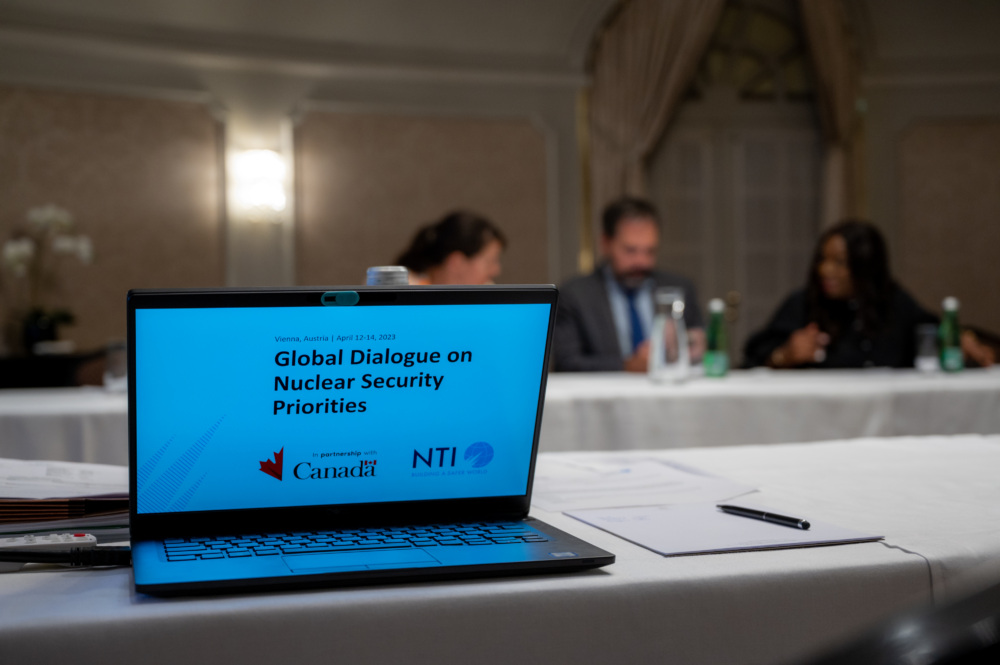
Fostering Nuclear Security Leadership and Innovation
Lessons Learned from 10 Years of the Global Dialogue on Nuclear Security Priorities
Despite progress in recent years toward the goal of securing all weapons-usable nuclear materials, there is still no effective global system for doing so. There are no common international standards or best practices for nuclear materials security, no governing body with the necessary mandate and the resources to provide sufficient oversight, and no mechanism for holding states accountable for lax security procedures. The agreements, guidelines, and multilateral engagement mechanisms currently in place have numerous gaps and limitations which undermine global security as well as our confidence in the effectiveness of the system. The challenge then is to strengthen the system, to the benefit of each state individually and for all states globally.
The primary responsibility for nuclear security begins with each state. Because any catastrophe involving nuclear material would be global in scope, states with nuclear materials and facilities have a responsibility to secure all those materials and build confidence in the effectiveness of their security. However, all states—even those without nuclear materials—must work to ensure that their territories are not used as safe havens, staging grounds, or transit points for terrorist operations involving stolen nuclear materials.
There is no question that securing nuclear materials is a sovereign responsibility for states with these materials. However, because a failure of nuclear security in any state would have consequences that would reverberate around the globe—with tens, or hundreds of thousands of casualties; with disruptions to markets and commerce; with long-term implications for public health, energy, and the environment; and risks to civil liberties—not to mention the staggering cost of response, every state has a national interest in how well others execute this responsibility. Because the consequences of a nuclear event will be shared, so too must be the responsibility for preventing one. Likewise, as in Fukushima, a major radiation release in one state can have serious political, economic, and environmental consequences in many other states and can erode the public confidence needed to sustain long-term public support for civilian nuclear technology, in all of its forms.
This paper identifies key elements of the existing nuclear security system, reveals gaps in the existing system, and describes the characteristics of a strengthened global nuclear security system that were developed during the first three meetings of the Global Dialogue.
Sign up for our newsletter to get the latest on nuclear and biological threats.
Lessons Learned from 10 Years of the Global Dialogue on Nuclear Security Priorities
The Nuclear Threat Initiative has convened government officials, experts, representatives from international organizations, and industry leaders since 2012 to define what a truly comprehensive and effective global nuclear security system would look like and has developed related recommendations. This paper is the culmination of this work and lays out a vision for strengthening the global nuclear security system and the steps needed to achieve it, including after the summit process ends.
In advance of the 2016 NSS, this paper explores a range of options to secure and minimize plutonium stocks around the world.